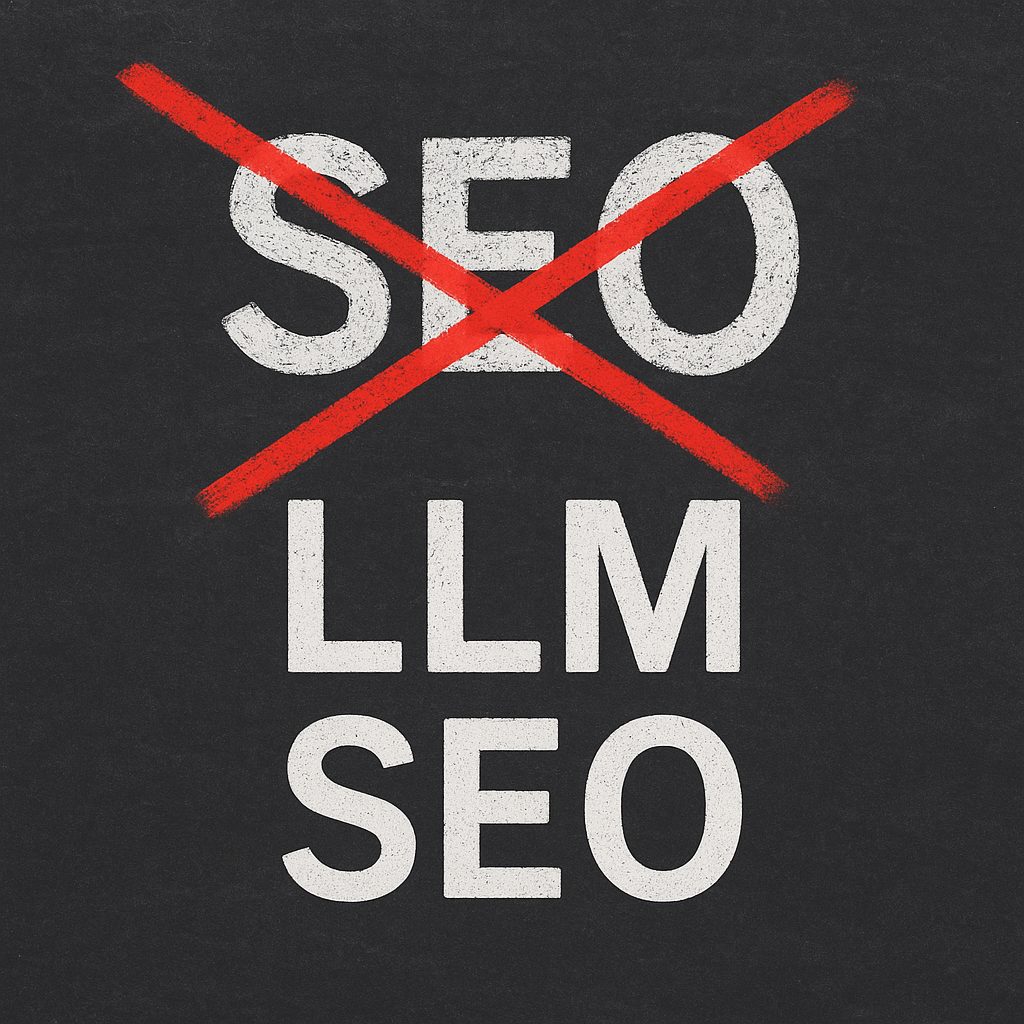Let’s think beyond AI tools from the end-user perspective. How effectively is content crawled and information curated related to your business?
In the evolving digital landscape, traditional SEO is no longer sufficient. Users are increasingly bypassing traditional search engines in favor of AI tools that provide direct answers. Instead of sifting through a list of links, individuals now receive concise, AI-generated responses. As AI-driven tools central to how users access information, businesses must adapt their strategies to remain visible and relevant. This shift underscores the importance of a robust content strategy and an understanding of Large Language Model Search Engine Optimization (LLM SEO) (summarized nicely in this Medium blog).
Our recent qualitative Win-Loss and Lost Account research also suggests a growing number of people are relying on AI tools, like ChatGPT, for competitive analysis. However, the instability of the findings, run over time with and without prompt variation, is quite surprising.
But, why is there such variability in these tools’ ability to identify true “key” competitors and to curate content from business sources? It comes down to your business’s LLM SEO.
While traditional SEO aims to rank on search engine results pages, LLM SEO aims to be like the answers provided by AI tools. Yes, this means your content must be humanlike. Paid search advertising, sponsored listings, and key-word stuffed content won’t suffice. AI models favor content that is well-organized and easy to understand, reducing the effort to produce “responses” that reference it. This means structuring content so that it is clear and concise (organized sections, consistent themes, original data and insight references) to enhance the readability of your content for AI consumption and generated responses.
My favorite advice from the blog above is, “Write like a human”. The AI tools available to support us actually prefer natural, conversational language which makes the content even more relatable (and easier for them to quote and summarize).
A well-defined content strategy is crucial in the era of AI-driven search. It’s not just about creating content but about creating content that resonates with both users and AI models. This involves understanding user intent, providing valuable information, and presenting it in a format that is easily digestible by AI tools.
As AI continues to reshape the digital landscape, businesses must adapt their SEO strategies to remain competitive. Put yourself in the end-users’ shoes when managing your content with the reminders below:
- Content findability – I can quickly and easily find the resources needed within my normal workflow. The information is presented across multiple, reliable sources consistently.
- Content relevance – I can find localized content related to my individual needs and personalized to my persona.
- Content usability – I can find content that is prescriptive, meet high quality and standards, and is easy to consume.
Embracing these changes is not just a necessity but an opportunity to engage with users in new and meaningful ways. Please reach out to our team for more research insights and strategies!
– Leah McQuillan, Research Manager






